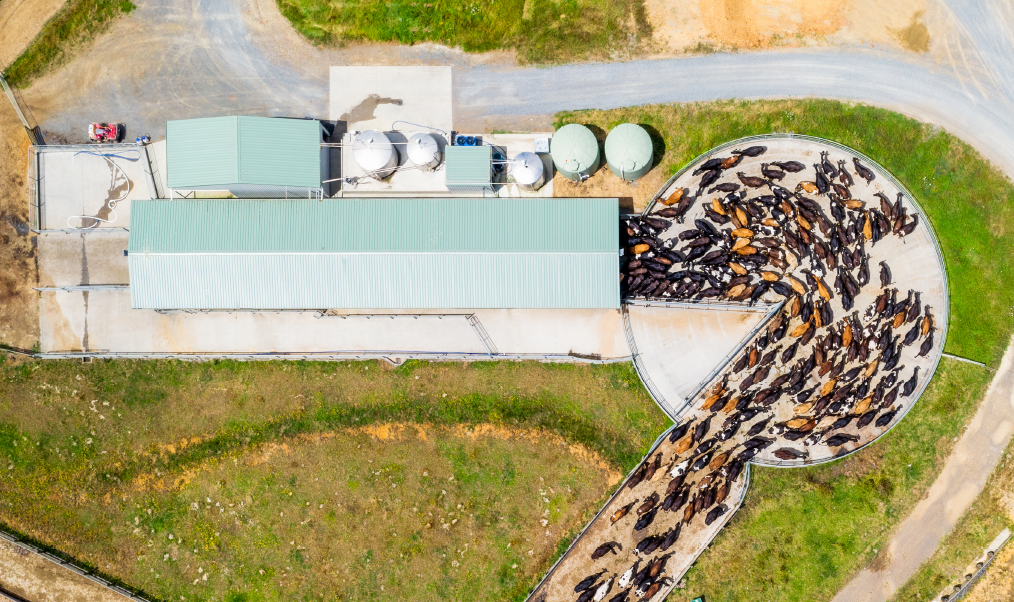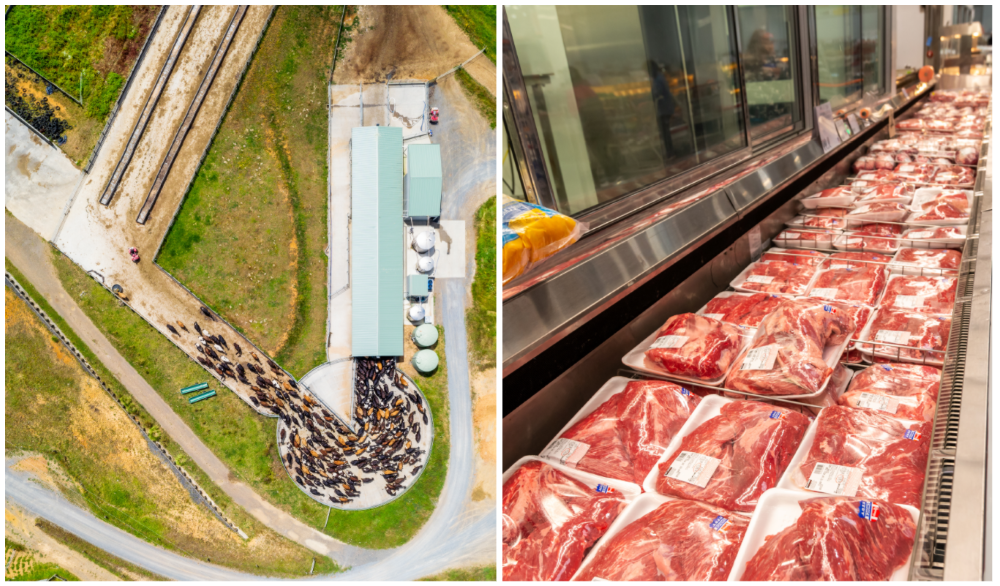
UN Advisor: “The Global Food System Must Evolve,” Nations Should Invest in Alt Protein R&D
A bold new report led by Dr. Albert T. Lieberg, a United Nations senior advisor and former Country Representative at the Food and Agriculture Organization (FAO), and produced with support from The Good Food Institute Asia Pacific, illustrates the vast scale of natural resource depletion and threats to public health resulting from conventional meat and dairy consumption.
“Our collective overreliance on resource-intensive foods—particularly those produced from animals—has strained the viability of vital ecosystems and the capacity of our limited natural resources in a potentially irreversible way, and contributed to a skyrocketing global obesity rate and serious medical concerns that jeopardize humans’ ability to live healthy, productive lives. We cannot afford to continue externalizing the negative impacts of current food systems and related dietary patterns, or perpetuating practices that knowingly degrade the air, water, and land we all rely on. Rather, we must embrace the technological developments taking place within the food sector that will allow both our communities and industries to thrive for the long term.“ – Dr. Albert T. Lieberg, co-author of The Need for Change
Rising Demand for Meat and Dairy Accelerating Ecological Crises
According to the report, in the 30-year span between 1989 and 2019, global meat production nearly doubled, from 174 to 337 million tonnes, driven in large part by emerging economies. The most substantial growth in meat consumption per capita has occurred in East and Southeast Asia, particularly in China. In that same time period, global milk production rose from 537 million tonnes to 883 million tonnes.
These dramatic increases have manifold negative impacts on our planet. Beef production is the top driver of deforestation globally, with cattle ranching being directly associated with 80 percent of current Amazon deforestation. Animal-based agriculture is responsible for between 20 and 33 percent of all fresh water consumption in the world, surpassing the 19 percent used for industrial water withdrawal, and the 11 percent used for all municipal/household purposes. Global greenhouse (GHG) emissions by the livestock sector alone exceed emissions by all cars, trains, ships, and airplanes in the world combined, and contribute more than the overall GHG emissions of the United States.

The Necessity of Alternative Protein
“Governments and agencies can influence consumer behavior by adapting scientific recommendations into relevant public policy, including the expedited approval of new plant-based and cell-based products into the marketplace, thereby supporting sustainable private-sector growth,” write the report’s authors. “Since public knowledge of the negative health and environmental impacts of meat and dairy consumption (and conversely, the positive attributes of plant-based and cell-based alternatives) is still widely lacking, strategies should be developed to close the consumer awareness gap. However, such public communication strategies should be developed without compromising consumers’ primary motivating factors such as taste, health, food safety, and price.”

The report also makes clear that nations must prioritize investment into open-access scientific research, to help the alternative protein sector reach the masses, just as many governments are already doing for clean energy. “Such funding can help close critical research gaps, such as improving methods of plant-based and cell-based food manufacturing or optimizing non-animal proteins to assess their suitability for use as ingredients. That can, in turn, spur the creation of new companies, expand consumer choice, and strengthen a country’s economic competitiveness.”



